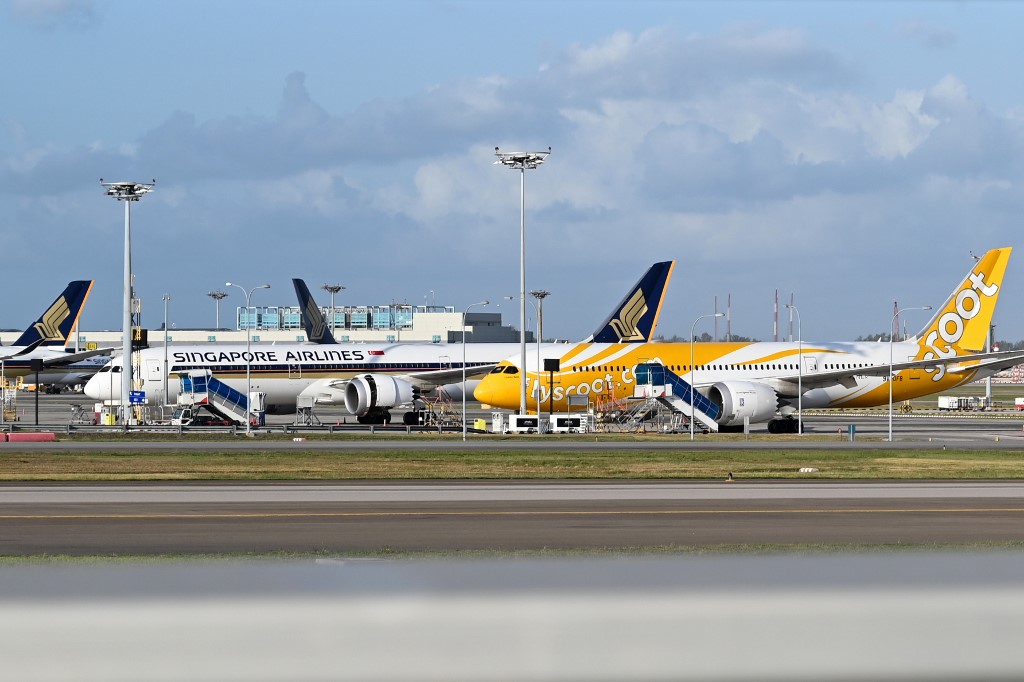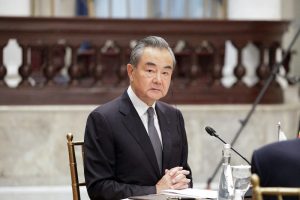(ATF) – The Centre for Aviation (CAPA) has warned that most airlines in the world will be bankrupt if the Covid-19 crisis is not resolved by the end of May.
The organisation, which is a global industry body set up 30 years ago and based in Sydney, believes coordinated government and industry action is needed immediately to avoid an economic “catastrophe” within the aviation sector.
“As the impact of the coronavirus and multiple government travel reactions sweep through our world, many airlines have probably already been driven into technical bankruptcy, or are at least substantially in breach of debt covenants,” it says in a report posted on its website on Monday March 16.
“Cash reserves are running down quickly as fleets are grounded and what flights there are operate much less than half full,” it said.
Some airlines such as Richard Branson’s Virgin Airlines have called for multi-billion-dollar cash bailouts from governments, but these pleas have fallen on deaf ears so far while governments try to cope with the health impacts of the rapidly spreading pandemic, caused in part by international travel.
Even before Covid-19 struck governments have been reluctant to bail out airlines and travel firms. In September 2019, the UK government did not intervene to stop the collapse of travel giant Thomas Cook.
‘National interests will prevail’
CAPA fears that self-interest – with governments acting primarily in their national interest – any attempt to reinvigorate the airline industry after it has collapsed, will encounter similar hurdles. It says the aviation industry is crucial to global communications and trade.
It said world governments convened in 1944 to establish a multilateral framework for post-war aviation – and a similar outlook and international cooperation is needed now.
“A fully functioning airline system was considered essential to future world peace and prosperity and coordination was urgent.
“At that time they did manage to establish a remarkable global safety regime, within the framework of the ICAO. But, even with a rosy view of aviation’s future role in a post-war world, it proved impossible for governments to extend beyond basic protectionism. The resulting system – now 75 years old – still reflects that archaic unilateralism.”
CAPA predicts that Chinese and US airlines are likely to survive, along with those from the Gulf in the Middle East, plus some in Europe, but it fears other airlines will struggle.
“Chinese airlines are mostly government-supported, so at least the majors will remain solvent; their share prices reflect this actual and de facto underwriting. Whereas many other major international airlines’ prices have dropped by 50% and more, the big three Chinese airlines’ shares have lost only a little more than 10%.
“Likewise, the US majors (supported by unions) will have the lobbying power to access government subsidies; they are already working hard to achieve that.
“Then there are some other national European governments – and perhaps even the EU – which will also provide selective support for (some of) their airlines. The Gulf carriers too are likely to be supported by their respective owners. The prospects for the many private airlines are not always as bright.
Post-virus outook not so rosy
“In short, the post-coronavirus environment has all the makings of a geopolitical standoff. And the last thing the world needs post-coronavirus is a nationalistic aeropolitical confrontation.
“A conflict along nationalistic lines would have colossal implications for the entire aviation supply chain, airframe and aerospace manufacturers, lessors and financiers. It would be greatly reduced in size and would be catastrophic for many satellite activities.”
Aviation is a lifeline to “hundreds of millions of jobs around the world” in tourism and travel, it says, and underwrites global business activity,” it said.
Qantas cuts 90% of international routes
Australian airline Qantas announced on Tuesday that it was slashing its international capacity by 90% and domestic flights by 60% in a further coronavirus blow to the beleaguered travel industry.
Facing a growing list of travel bans around the globe and a “precipitous decline in demand”, Qantas said the cutbacks would continue until at least the end of May.
They affect both Qantas flights and those of its budget carrier Jetstar and will impact the company’s entire 30,000 staff.
“This represents the grounding of around 150 aircraft, including almost all of the group’s wide-body fleet,” the airline said in a statement.
It said travellers forced to cancel bookings would be issued with credit vouchers, but not refunds.
Qantas had already cut its international flights by around 25% last week. Since then, Australia, the US and numerous other countries have imposed strict restrictions and bans on international visitors in a bid to slow the spread of coronavirus.
Qantas CEO Alan Joyce at the time also said he would forego his salary for the rest of the financial year, which ends June 30. He is Australia’s highest-paid CEO with pay of A$24 million (US$15 million) in the 2018 financial year.
Market analysts believe many airlines could go out of business due to the crisis.
- With reporting by AFP























